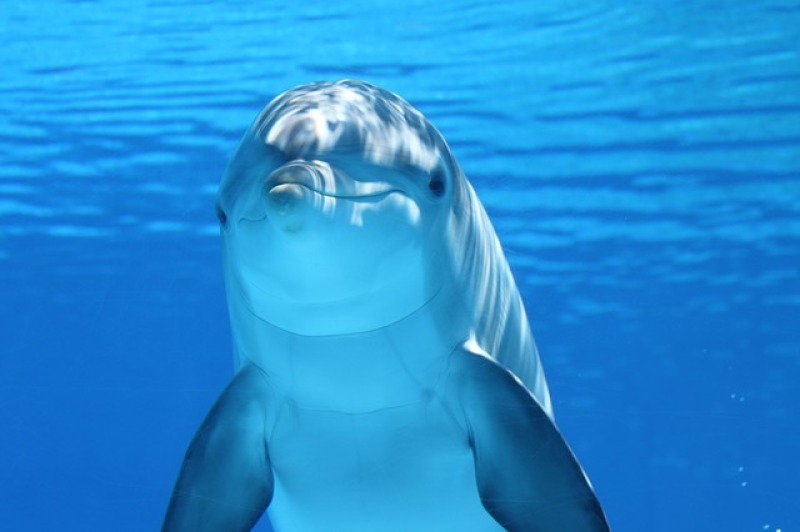
Five years after the massive oil spill in the Gulf of Mexico, the number of dolphins dying due to the environmental disaster is finally declining.
Scientists believe this could signify the end of the marine animals' die-offs in the region.
In 2010, the Gulf of Mexico became the sight of what is still being considered as one of the worst ecological disaster in the U.S. after about 4.9 million barrels of oil spilled from BP Deepwater Horizons' offshore rig, KRWG News 22 reported. The incident caused the death of 11 employees and took about five months before the spill was stopped.
The massive spill gravely affected the region's marine life and based on a report by the National Marine Fisheries Service (NMFS), a total of 1,433 whales and dolphins washed up on the shores of Texas, Louisiana, Florida, Mississippi and Alabama. About 87 percent of those that were affected were bottlenose dolphins.
According to experts, the oil in the ocean weakened the immune system of dolphins which made them susceptible to bacterial infection.
BP Deepwater Horizons agreed to pay 20.8 million as settlement for the incident but maintained that the oil spill should not be cited as the primary cause behind the die-offs of the marine animals.
"It's important to note that unfortunately, these large die-offs of dolphins aren't unusual," the representative from the company said in a statement according to Newsquench.
"Even though the UME [Unusual Mortality Event] may have overlapped in some areas with the oil spill, correlation is not evidence of causation," the spokesperson added.
The National Oceanic and Atmospheric Administration (NOAA) responded to the company's statement and said the large number of dead dolphins after the oil spill clearly indicates how the incident directly impacted the marine animals.
"Never have the dolphins experienced a die-off that has lasted as long, involved as many animals, or affected as many calves," Stephanie Venn-Watson of NOAA said. "No feasible alternatives remain that can reasonably explain the timing, location and nature of this increase in death.
According to a report by NOAA, prior to the oil spill, around 74 dolphins die annually. But after the incident, this number jumped to 248.
Fortunately, according to NMFS research biologist Jenny Litz, the number of dolphins and whales dying after the oil spill is finally decreasing, Uncover California reported. However, Litz and her colleagues believe that it might take years before the population of the affected animals can flourish again.


















